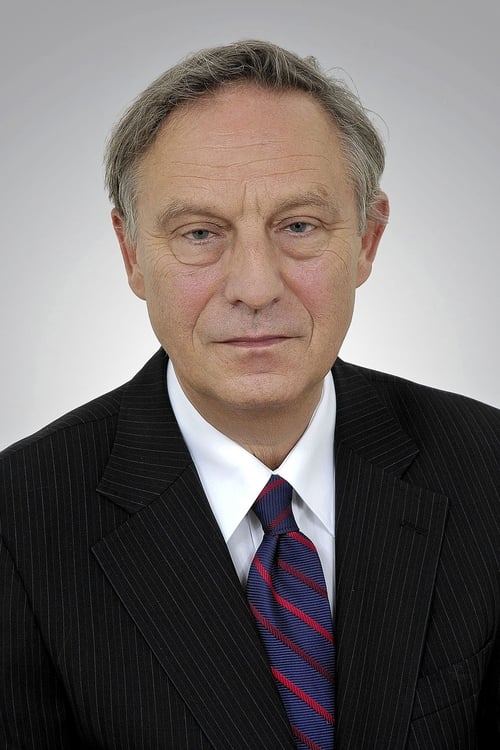
Krzysztof Piesiewicz
Nascimento : 1945-10-25, Warsaw, Poland
História
From Wikipedia, the free encyclopedia
Krzysztof Piesiewicz (Polish pronunciation: [ˈkʂɨʂtɔf pjɛˈɕɛvit͡ʂ]; born on October 25, 1945 in Warsaw, Poland) is a Polish lawyer, screenwriter, and politician, who is currently a member of the Polish Parliament and head of the Ruch Społeczny (RS) or Social Movement Party.
Piesiewicz studied law at Warsaw University and began practicing in 1973. Through the late 1970s he became increasingly involved in political cases, defending opponents of the Communist regime, serving as a legal advisor for Solidarity, and assisting in the successful prosecution of the murderers of Jerzy Popiełuszko.
In 1982 he met the film director Krzysztof Kieślowski, who was planning to direct a documentary on political show trials in Poland under martial law. Piesiewicz agreed to help, though he doubted whether an accurate film could be made within the constraints of the judicial system; indeed, the filmmakers found that their presence in court seemed to be affecting the outcomes of cases, often improving the prospects of the accused, but making it hard to capture judicial abuses.
Kieślowski decided to explore the issue through fiction instead, and the two collaborated for the first time as writers on the feature film No End, released in 1984.
Piesewicz returned to his law career, but remained in touch with Kieślowski and three years later persuaded him to create a series of films based on the Ten Commandments. This series, The Decalogue, explored the filmmakers' mutual interest in moral and ethical dilemmas in contemporary social and political life, and achieved (belated) critical acclaim around the world.
Their later collaborations, The Double Life of Véronique and Three Colors (Blue, White, Red), focused on metaphysical questions of personal choice and appeared relatively apolitical, though the latter series was based on Piesiewicz's idea of dramatizing the French political ideals of liberty, equality, and fraternity in the same way they had previously dramatized the Ten Commandments.
Piesiewicz was credited as co-writer on all of Kieślowski's projects after No End, the last of which was Nadzieja, directed by Stanislaw Mucha after Kieślowski's death. He has begun writing a new series of films, The Stigmatised; the first of these, Silence, was directed by Michał Rosa and released in 2002.
Piesiewicz's career in electoral politics began in 1989, when he began working in the Social Movement for Solidarity Electoral Action (RS AWS) party, originally the political wing of the Solidarity union and the leading party in the center-right AWS coalition. In 1991 he was elected to the Polish Senate, served for two years, then returned in 1997. In 2002, RS AWS changed its name to RS and elected Piesiewicz as its leader.
He is a Roman Catholic.
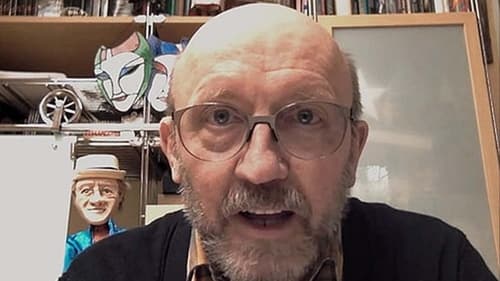
Self
The film was inspired by one of the most important documentaries shot by Krzysztof Kieślowski, Talking Heads (1980). The director asked his interlocutors seemingly simple questions, such as “Who are you?” and “What do you want?”.
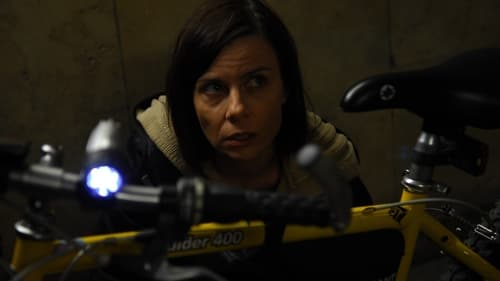
Producer
Anna – the mother of a 16-year-old Adaś, who is dying of cancer, is desperately trying to find Wiktor, an author of an internet blog. Wiktor maintains to have found a cure for cancer. Anna’s night journey through the real and virtual world ends with a shocking discovery. The film is based on the short story 'Płomyk za szybą' [Flame behind the Window] by Marcin Kaczmarek and corresponds to the tenth Commandment: 'You shall not covet your neighbour’s goods'.

Producer
19-year-old Janka comes from a catholic family. She lives together with her parents in a small town near the eastern border of Poland. One day she meets an eccentric Russian woman–Sara. The feeling that is awoken as a result of the encounter becomes for Janka both the beginning of sequence of trials and reflections upon her own life. The film corresponds to the Ninth Commandment: “You shall not covet your neighbor’s wife".

Producer
This short deals with the seventh commandment ("You shall not steal") in the new Decalogue. Young graffiti artists steal paints from a shop and, supervised by Tomasz, a 45-year-old graphic artist, start to paint graffiti on the wall. Tomasz is going to through a difficult period in his professional and personal life working under pressure from his employer who wants him to prepare a project that will satify the client. He has to compromise his own beliefs and taste and struggle to meet the deadline. The film was made as part of "Decalogue 89+" series.
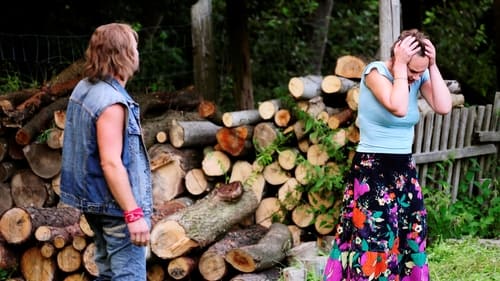
Producer
Mother (Maria Seweryn) and daughter (Michalina Rodak) live alone in a small house on the outskirts of the village. Their close relations get distorted by appearing of a mysterious man. Are women able to defend themselves from mutual jealousy and distrust? The film is based on the story of Aleksandra Duda "Olive" and refers to Eighth Commandment "You shall not bear false witness against your neighbor." – as a part of film cycle produced within the project „Dekalog 89+”. Tomek Matuszczak is one of the ten young directors which has taken the challenge of making new film on the Decalogue Commandment's impact for young generations, due to the project made on 20th anniversary of launching the famous "Decalogue" by Krzysztof Kieślowski.
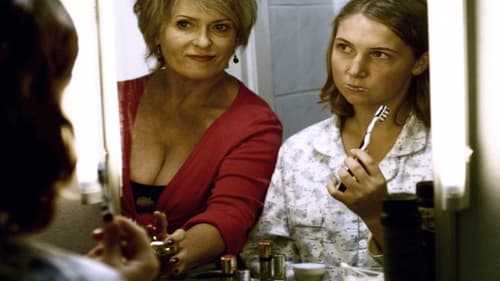
Producer
Kasia (Klaudyna Lewczuk), a student of dance school, lives with her mother (Ewa Kasprzyk) in a large flat. One day her mother rents a room to the lodger – a sports high school student. Kasia and the lodger start to run an original friendship relation – without words and meetings. The film is based on the story by Bogna Hołyńska "Fresh paint" and refers to the Sixth Commandment "You shall not commit adultery." - as a part of film cycle produced within the project „Dekalog 89+”. Marcin Bortkiewicz is one of the ten young directors which has taken the challenge of making new film on the Decalogue Commandment's impact for young generations, due to the project made on 20th anniversary of launching the famous "Decalogue" by Krzysztof Kieślowski.
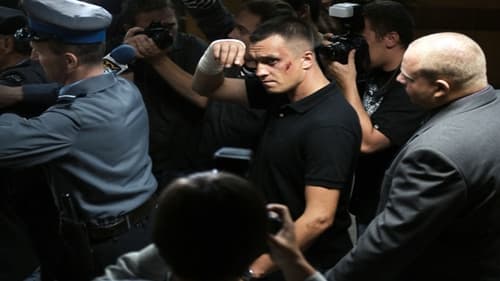
Producer
Episode from the series entitled "Decalogue 89+" inspired by the fifth commandment ‘You shall not murder’. A taxi-driver dies in a car crash caused by a popular TV presenter. Is it the end of his dazzling career? The odds are against it as the media concern that employs him will go to any lengths to salvage their star’s image.
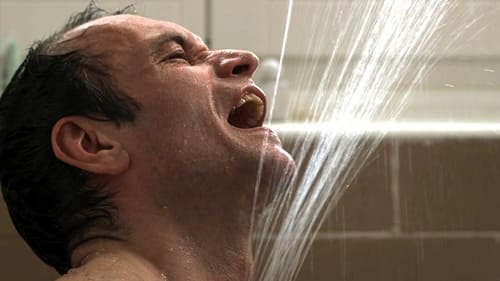
Producer
After the death of his wife, the father of 16-year-old Wojtek, succumbs to a nervous breakdown and loses touch with reality. The school authorities where Wojtek is a student already know about this problem. If Wojtek’s father doesn’t prove he is able to look after his son, Wojtek will be taken to an orphanage. Wojtek is left with a few hours to master the situation and overcome the problem. The film is based on the short story 'ON' [He] by Joanna Łabuz and corresponds to the fourth Commandment: 'Honour your father and your mother'.
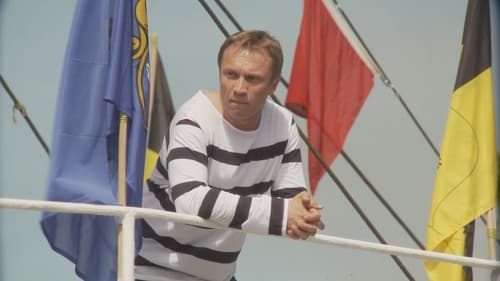
Producer
Adam (Michał Kowalski) – a yacht designer is a workaholic neglecting his family. Now he has to face one of the most important decisions in his life. Does the affection from his childhood, a reminiscence of taking part in the Sea Fishermen Pilgrimage will give him strength to fight for make an order along his private matters? Film is based on a short story by Wojciech Paweł Kowalewski "Usual Sunday" and refers to Third Commandment - as a part of film cycle produced within the project „Dekalog89+”. Bartosz Paduch is one of the ten young directors which has taken the challenge of making new film on the Decalogue Commandment's impact for young generations, due to the project made on 20th anniversary of launching the famous "Decalogue" by Krzysztof Kieślowski.

Producer
A lonely 17 –year-old Ania (the Newbie) is seeking acceptance in a group of peers playing risky urban games. She pays for her strivings with a loss of faith in values. With nothing to lose, Ania invents a daredevil game, supposed to provoke the group and especially its leader-Czarny, to think. The surprising end of the film gives a new chance to return to normality for its characters. The film is based on the short story 'Moc słowa' [The Power of Word] by Anna Czajka and corresponds to the second Commandment: 'You shall not take the name of the Lord your God in vain'.

Producer
Andrzej (Bartosz Opania), a popular film stunt is a happy husband and father. It appears that the specific work of Andrzej does not disturb his calm family life. So how should be explained the anxiety, which appears in the moment of Andrzej's another risky venture? The film was based on a story by Joanna Kocemba "Rainbow" and refers to the Decalogue First Commandment “You shall have no other gods before me” - as a part of film cycle produced within the project „Dekalog89+”. Leszek Korusiewiecz is one of the ten young directors which has taken the challenge of making new film on the Decalogue Commandment's impact for young generations, due to the project made on 20th anniversary of launching the famous "Decalogue" by Krzysztof Kieślowski.

Writer
Francis Ratay witnesses the theft of church painting "Angel with violin". The entire incident recorded by an amateur camera. The thief turns out to Benedict Weber, gallery owner and art connoisseur. Francis comes to his gallery. Blackmails him, that will provide police record, unless the image in three days back in place.
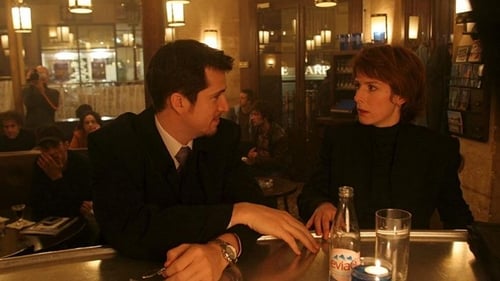
Writer
Sophie (Emmanuelle Béart), Céline (Karin Viard) e Anne (Marie Gillain) são irmãs. Sophie, a mais velha, mora com o marido em Paris. A caçula Anne estuda arquitetura e mantém uma relação passional com seu professor, Frédéric (Jacques Perrin). Céline é solteira e vive para cuidar da mãe inválida, até que um misterioso homem surge em sua vida. Um incidente ocorrido na infância das três fará com que elas se reúnam para discutir o passado.
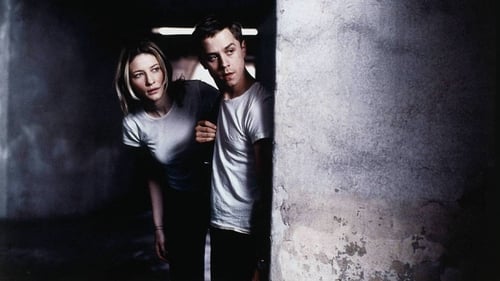
Screenplay
Turim. Quatro inocentes morrem em um atentado. Phillippa (Cate Blanchett), uma professora de inglês, não oferece resistência e permite que a prendam. Ela não nega seu ato, sua culpa. Mas seu alvo era outra pessoa: um traficante. Um jovem policial (Giovanni Ribisi) é o único que acredita na história da inglesa, pois está secretamente apaixonado por ela. Ele desenvolve um plano que lhe devolverá a liberdade, mesmo que isto custe sua carreira ou até mesmo sua vida. Ele sabe que não deve pedir nada em troca para provar seu amor. E sabe que não pode se arrepender de sua decisão.
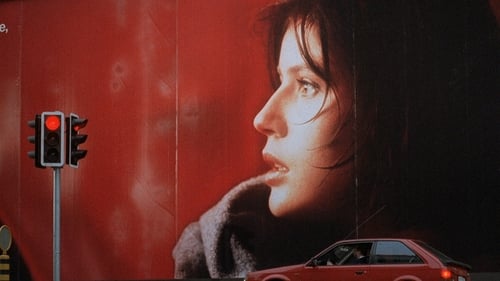
Screenplay
A modelo Valentine atropela um cachorro e sem saber o que fazer leva o animal para a casa do dono seguindo o endereço na coleira. O dono do animal é Joseph, um velho juiz que passa seus dias escutando as conversas telefônicas dos vizinhos. A princípio a moça sente repulsa do senhor, mas aos poucos começa a entendê-lo e uma amizade que vai fazer Valentine refletir sobre sua própria vida se inicia.

Author
A modelo Valentine atropela um cachorro e sem saber o que fazer leva o animal para a casa do dono seguindo o endereço na coleira. O dono do animal é Joseph, um velho juiz que passa seus dias escutando as conversas telefônicas dos vizinhos. A princípio a moça sente repulsa do senhor, mas aos poucos começa a entendê-lo e uma amizade que vai fazer Valentine refletir sobre sua própria vida se inicia.

Screenplay
Karol, um cabeleiro polaco e Dominique, a sua esposa, mudam-se para Paris. O casamento desmorona-se e divorciam-se. Karol perde tudo após o divórcio e torna-se num mendigo, recusando actos ilícitos para ganhar dinheiro. Após conseguir finalmente regressar ao seu país, tenta refazer a sua vida, embora nunca tenha esquecido Dominique.
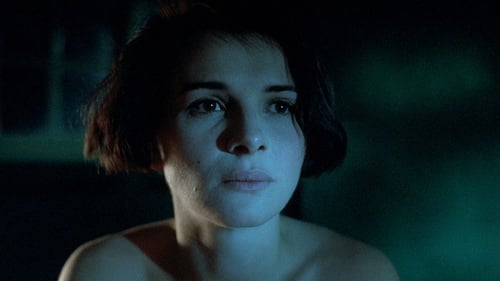
Author
Após um trágico acidente em que morrem o marido e a filha de uma famosa modelo (Juliette Binoche), ela decide por renunciar à sua própria vida. Após uma tentativa fracassada de suicício, ela volta a se interessar pela vida ao se envolver com uma obra inacabada de seu marido, que era um músico de fama internacional.

Writer
Weronika vive na Polónia. Véronique vive em Paris. Não se conhecem e não tem nenhuma relação. No entanto, são idênticas: ambas são esquerdinas, gostam de andar descalças, têm o mesmo brilho no olhar, uma voz sublime, um sentido musical absoluto e, acima de tudo, partilham o mesmo problema cardíaco dificilmente detectável. Sem o saber, uma irá beneficiar das experiências e sabedoria da outra. Como se cada vez que a primeira se magoasse com um qualquer objecto a segunda evitasse tocar no mesmo. Em França, Véronique descobre o amor na figura de um escritor e criador de teatro de marionetas...
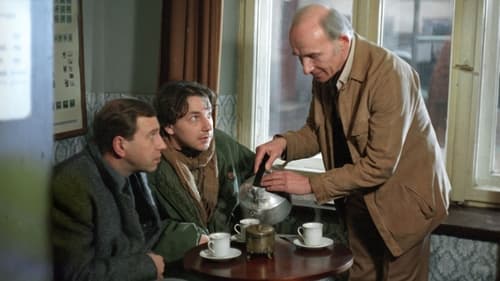
Writer
Jerzy and Artur’s father dies, leaving behind a valuable stamp collection, which, they discover, is coveted by dealers of varying degrees of shadiness. The more involved the brothers get in their father’s world, the more dire and comical their situation becomes.
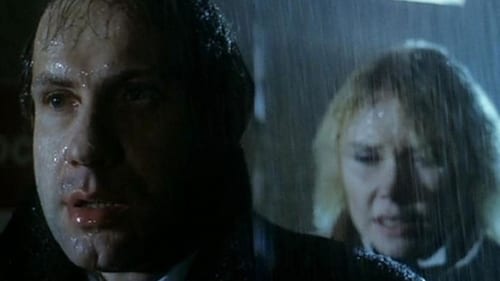
Writer
Roman and Hanka have a loving marriage, but his impotence has led to her having an affair. The unbearable situation drives Roman to extreme measures both physically and mentally, testing their love and his own will to live.
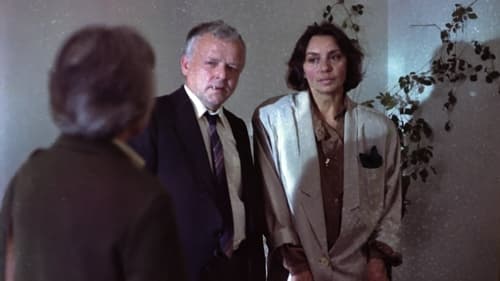
Writer
Zofia, a professor of ethics, is visited by Elżbieta, an American researching the fate of Jews who survived World War II. A daytime classroom conversation turns into a night of confrontation, and Zofia is forced to answer for a decision she made decades ago that directly affected the course of Elżbieta’s life.
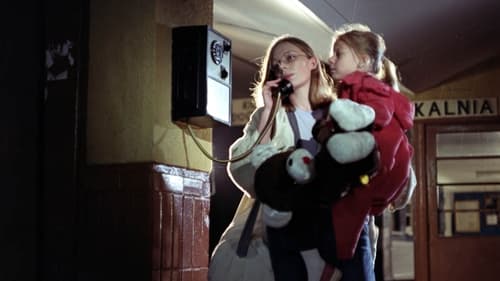
Writer
As a high school student, Majka bore a child, Ania, whom Majka’s mother, Ewa, has been raising as her own. Now that Majka is ready for motherhood, Ewa refuses to let go, leading Majka to kidnap her own daughter, with unexpected emotional consequences.
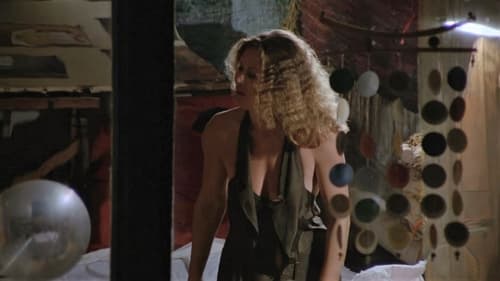
Writer
A teenage postal worker, Tomek, routinely spies on his older neighbor Magda, a sexually liberated artist who lives in the apartment across the courtyard from his. As their private worlds merge, fascination turns to obsession, and the line between love and curiosity becomes violently blurred.
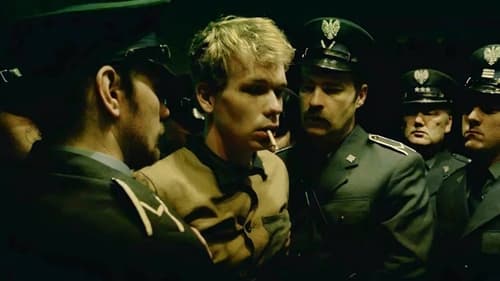
Writer
Jacek, an angry drifter, murders a taxi driver, brutally and without motive. His case is assigned to Piotr, an idealistic young lawyer who is morally opposed to the death penalty, and their interactions take on an emotional honesty that throws into stark relief for Piotr the injustice of killing of any kind.
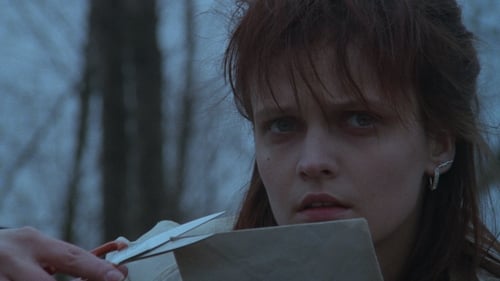
Writer
A father and daughter, Michał and Anka, have a unique intimacy, which the college-aged Anka is beginning to feel conflicted about. When she finds an unopened letter from her deceased mother, it seems to justify her attraction to Michał, who may not in fact be her father.
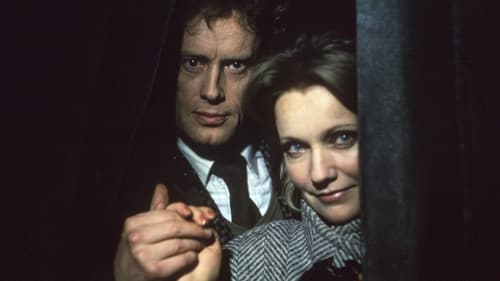
Writer
It’s Christmas Eve, and Ewa has plotted to pass the hours until morning with her former lover Janusz, a family man, by making him believe her husband has gone missing. During this night of recklessness and lies, the pair grapple with choices made when their affair was discovered three years ago, and with the value of their present lives.
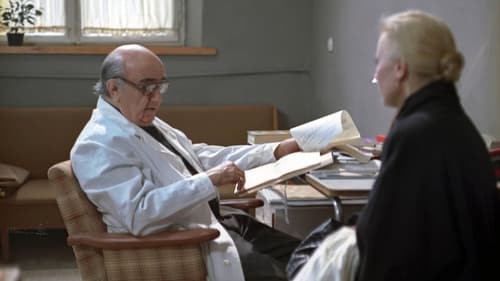
Writer
Dorota Geller, a married woman, faces a dilemma involving her sick husband's prognosis. Her husband's doctor, who believes in God, sweared about it in vain.

Writer
Krzysztof, a semantics professor and computer hobbyist, is raising his young son, Paweł, to look to science for answers, while Irena, Paweł’s aunt, lives a life rooted in faith. Over the course of one day, both adults are forced to question their belief systems.
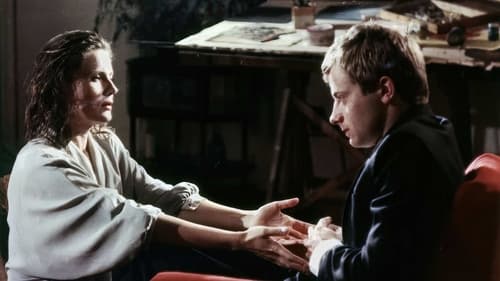
Writer
Um Jovem começa a espionar com uma luneta a vida de uma mulher que mora em frente ao seu prédio. Ele fica obcecado por ela e enquanto observa sua vida sexual, na qual o amor não existe, ele esquematiza subterfúgios para se aproximar dela e, finalmente, revelar seu amor. Filme baseado no sexto episódio da série "O Decálogo", do mesmo diretor.
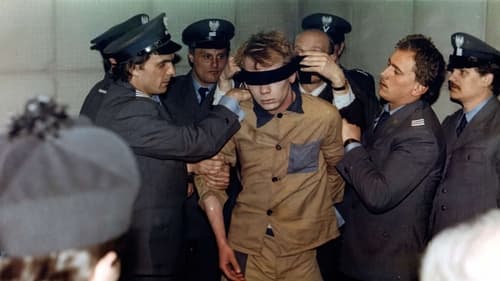
Author
Quando um jovem polonês desempregado, obcecado pela violência, mata friamente um motorista de taxi, um advogado recém-formado é designado para defendê-lo. Kieslowski demonstra através dos três protagonistas a anatomia de um crime e os meandros da justiça de um Estado totalitário.
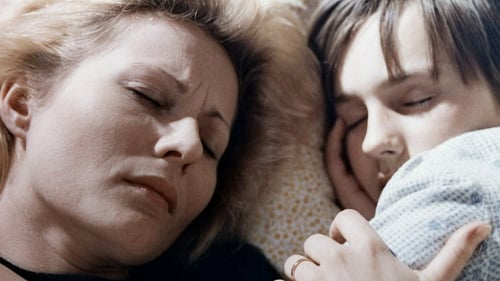
Author
Na Polônia dos anos 1980, a esposa de um advogado morto é assombrada pelo fantasma do marido e acaba se envolvendo no último caso em que ele estava trabalhando.































